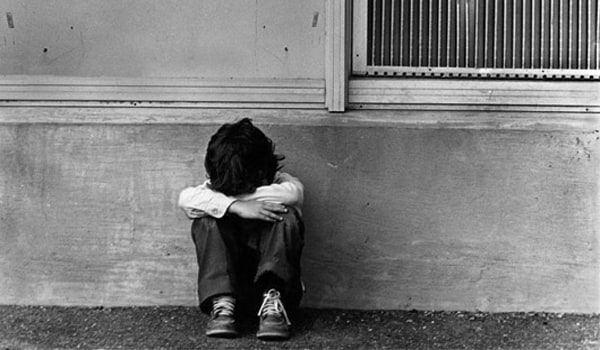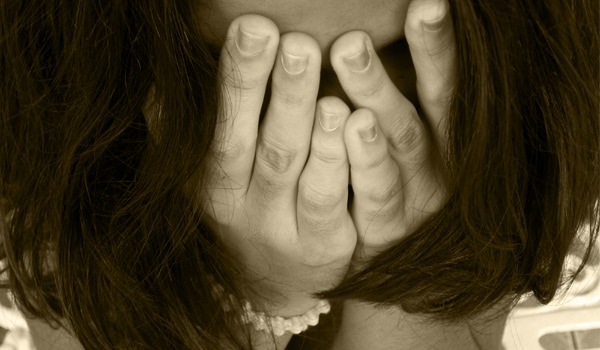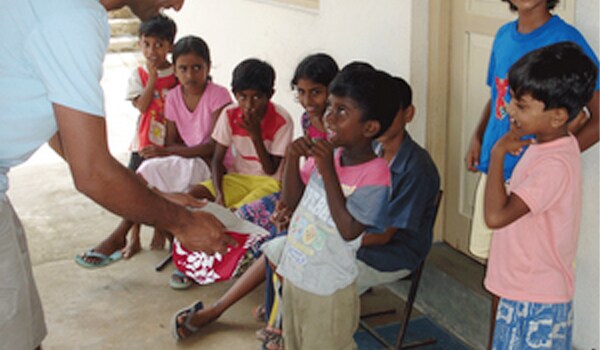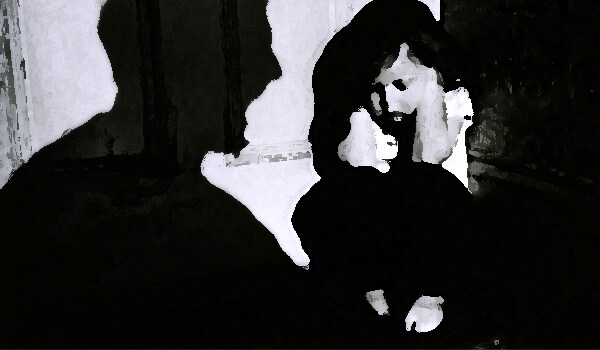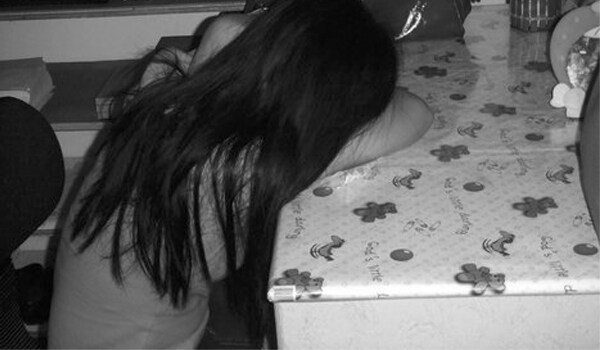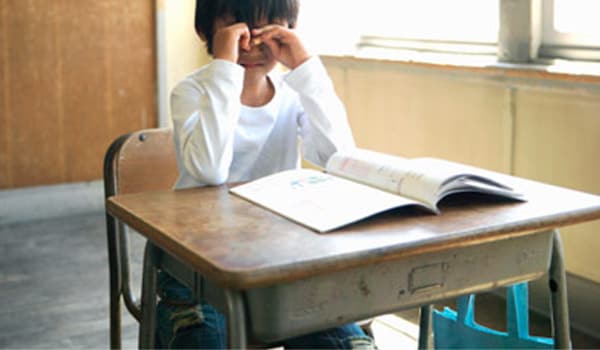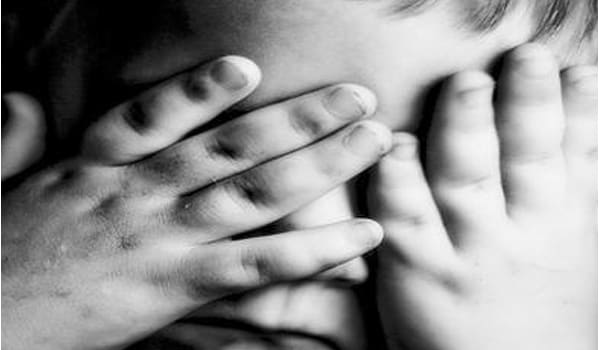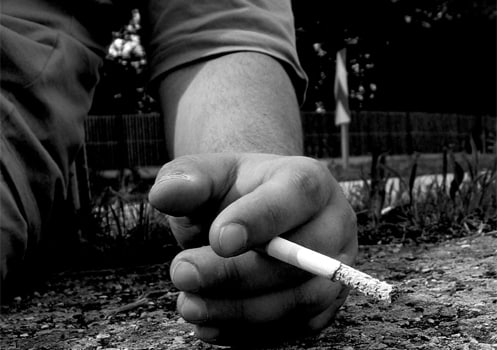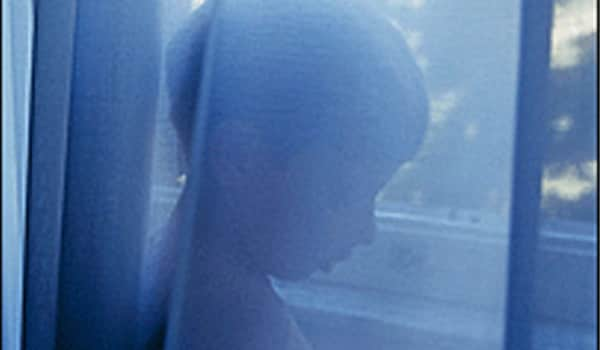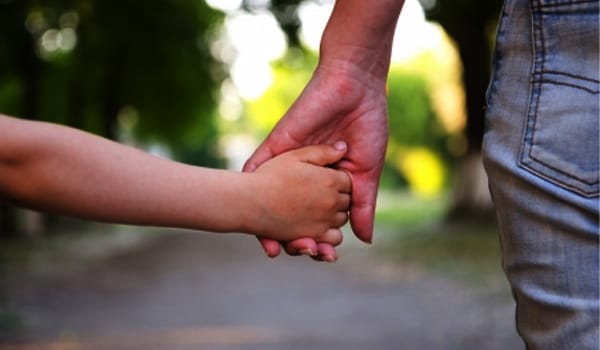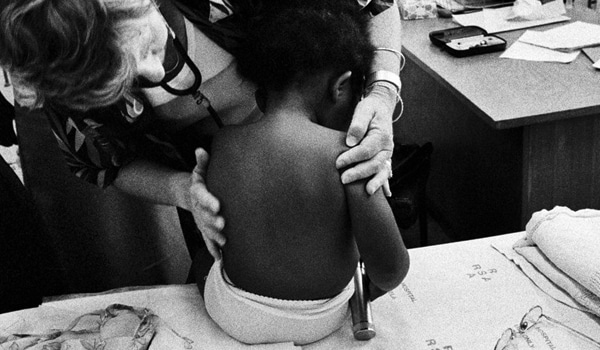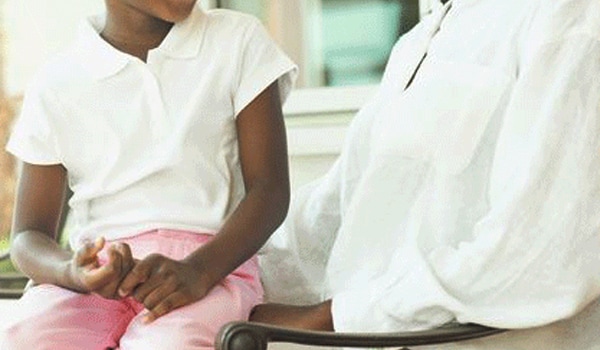Health Photos
-
Sexual abuse in children is a term used when the offender, who may or may not be a member of the family, uses a child for his sexual gratification. Very young children as well as older teenagers may be victimised.
-
Sexual abuse can be physical, verbal or emotional and includes:
- Touching and fondling with sexual intent.
- Exposing children to adult sexual activity or pornographic material.
- Having children pose, undress or perform in a sexual fashion on film or in person.
- "Peeping" into bathrooms or bedrooms to spy on a child.
- Rape or attempted rape.
-
The perpetrator may use force, tricks, bribes or threats to involve a child into sexual activity. But the use of physical force is rarely necessary because children, who wish to seek adults love and approval, believe that they are always right and thus become vulnerable at the hands of such people.
-
Parents or guardians must be vigilant towards their children since there are certain general behaviour changes that may occur in children if they are experiencing such a problem.
-
The sexually abused child may not be able to sleep due to fear or shock. If you notice unexplained sleep disturbances in your child, talk to him/her or take them to a doctor.
-
The child who has been sexually abused may not be able to concentrate properly on his/her studies due to trauma.
-
If you notice sudden withdrawal of your child from family, friends or usual activities, try talking to him politely and ask the reasons for such a change.
-
Other problems may include depression, anxiety, discipline problems, drug or alcohol problems, hostility or aggression and in some cases running away.
-
Children who have been sexually abused frequently have more specific symptoms like displaying sexual knowledge or behaviour that is beyond what is normal for their age; copying adult sexual behaviour; unexplained pain, swelling, bleeding or irritation of the mouth; urinary infections and sexually transmitted diseases.
-
A sexually abused child may feel different emotions like fear of the abuser or of being different; anger at other adults around her who did not protect her; isolation, sadness, guilt, confusion and shame.
-
As concerned adults, parents should teach the children:
- that they are loved, valued and are most precious for them.
- the difference between safe and unsafe touches.
- that their bodies belong to them and nobody has the right to touch or hurt them.
- to tell anything about which they might feel uncomfortable to their parents.
-
- Keep calm.
- Believe the child.
- Give positive messages such as "I know you could not help it", "I'm proud that you trusted me".
- Respect the child's privacy and never discuss the topic in front of others.
- Take the child for a medical check up to make sure that no permanent damage has occurred.
-
- Never panic or overreact as the child needs help and support to make it through this difficult time.
- Never confront the offender in the child's presence.
- Do not blame the child because sexual abuse is never the child's fault.


